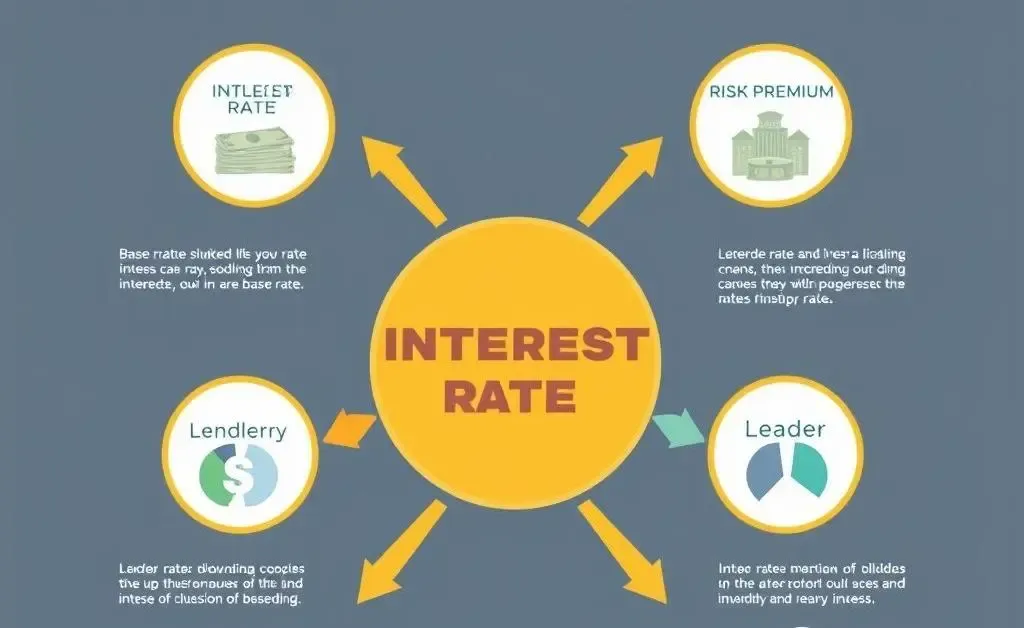Navigating Financial Uncertainty: Making Sense of Interest Rate Changes
Understand and adapt to interest rate changes with these practical insights.

Hey there, friend. I was thinking about how life throws us these curveballs sometimes, and one of those unexpected punches can be a sudden change in interest rates. If you've ever wondered why these shifts in interest rates keep making headlines and how on earth they affect your finances, you're not alone. Let's dive into this together and break it down in a way that makes sense.
What Exactly Are Interest Rates?
At their core, interest rates are the cost of borrowing money or the reward for saving it. Think of them as the bridge connecting lenders and borrowers. When the interest rates change, it can feel like the ground beneath us is shifting. But why do these changes happen? The central banks adjust rates to keep the economy on track, influencing how much it costs to borrow and how lucrative it is to save.

The Impact on Your Wallet
When interest rates go up, borrowing can become more expensive. Your mortgage, personal loans, and credit cards might all feel this pinch. On the flip side, your savings accounts could offer a better return, making it a good time to think about boosting your emergency fund. If interest rates dip, borrowing gets cheaper, but saving might lose its shine. So, it’s always about finding that delicate balance.
Rethinking Your Budget
Adjusting your budget to the ebb and flow of interest rates isn't just smart; it's empowering. Start by reviewing your ongoing expenses and categorizing them into essential and non-essential groups. This helps in spotting areas for trim without sacrificing too much. Times like these are perfect for revising long-term financial goals too.

Evaluating Investments
Interest rates play a crucial role in shaping the investment landscape. If you have investments in bonds, stocks, or real estate, you'd want to keep your ears perked for interest rate news. When rates rise, bonds may become less attractive, while stocks might see volatility. On the other hand, real estate can be a stable haven, but that all depends on where the rates are trending.

A Thoughtful Conclusion
Adapting to financial shifts isn't about making panicked decisions; it's about staying curious and informed. Use these moments as an opportunity to reassess where you stand and explore possibilities you might not have considered before. Grab a cup of tea, take a deep breath, and remember: we're all navigating these changes together, learning and growing with each decision we make.




